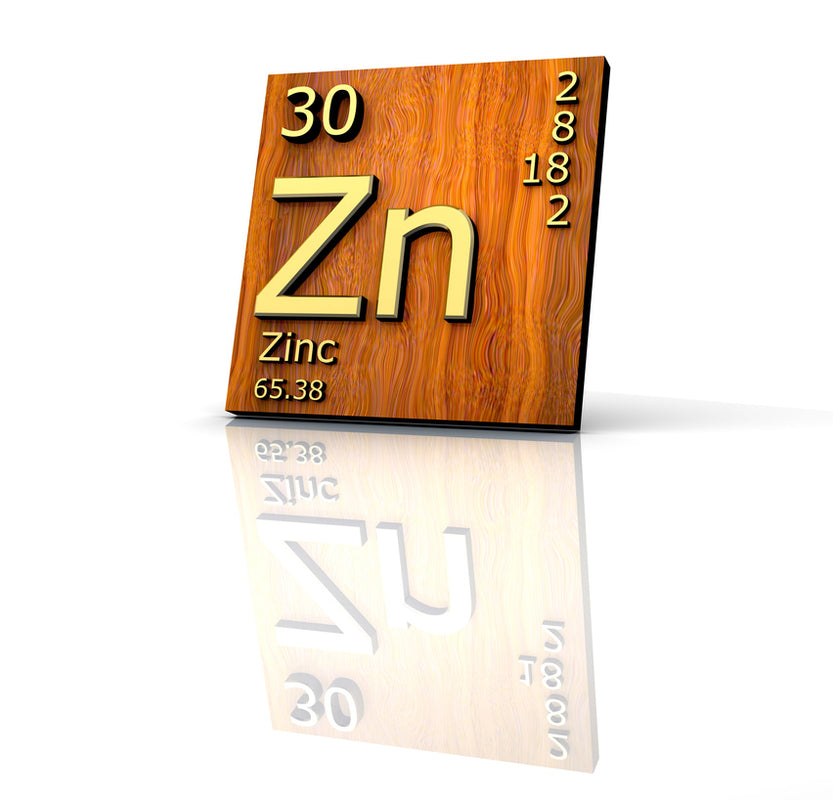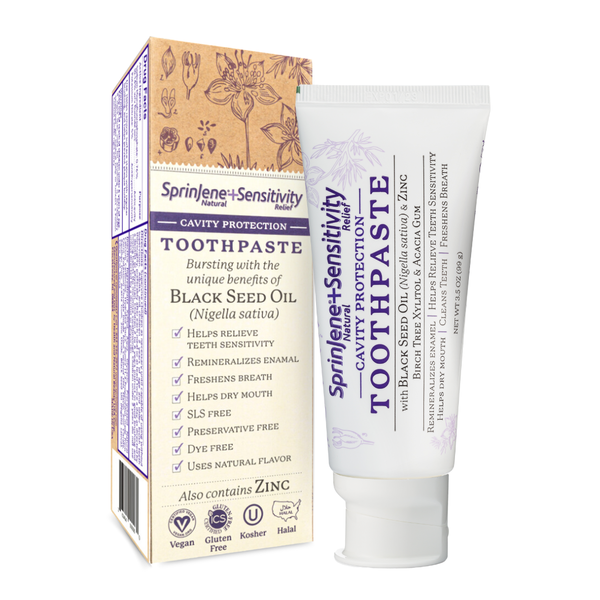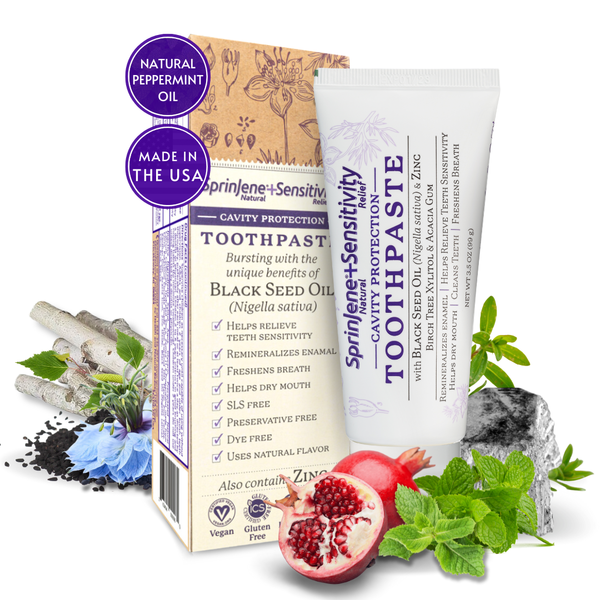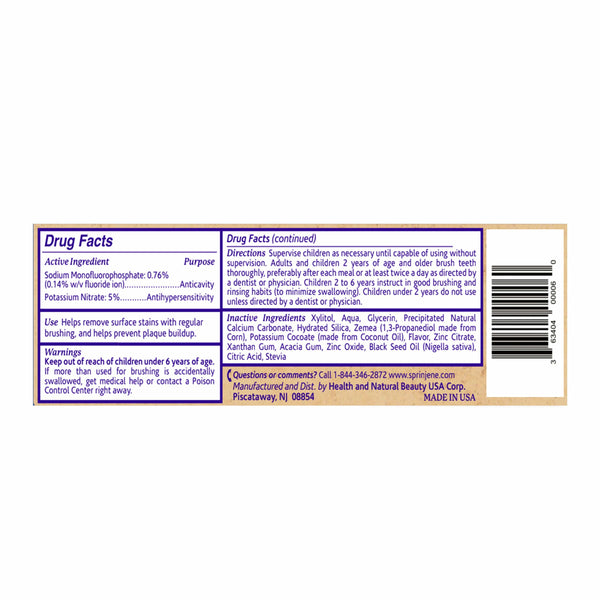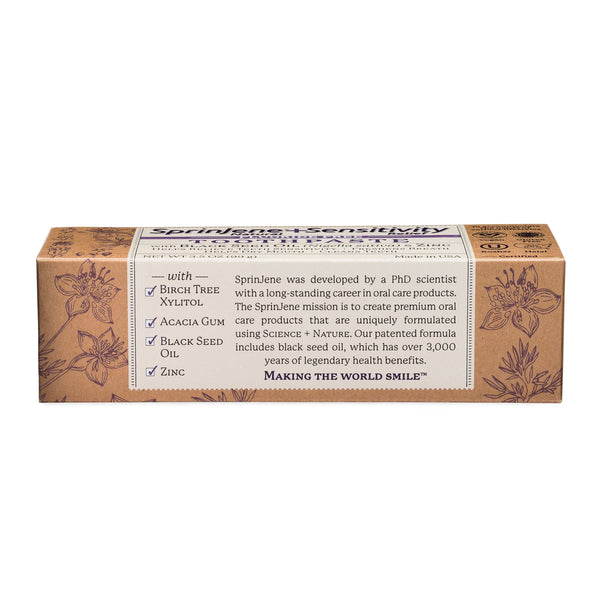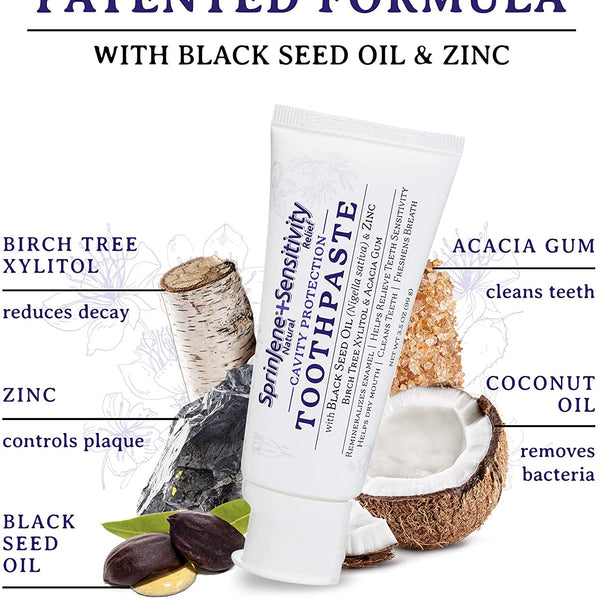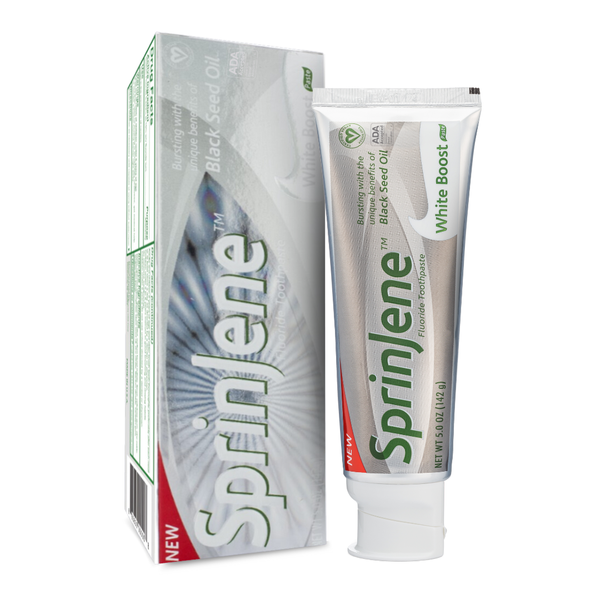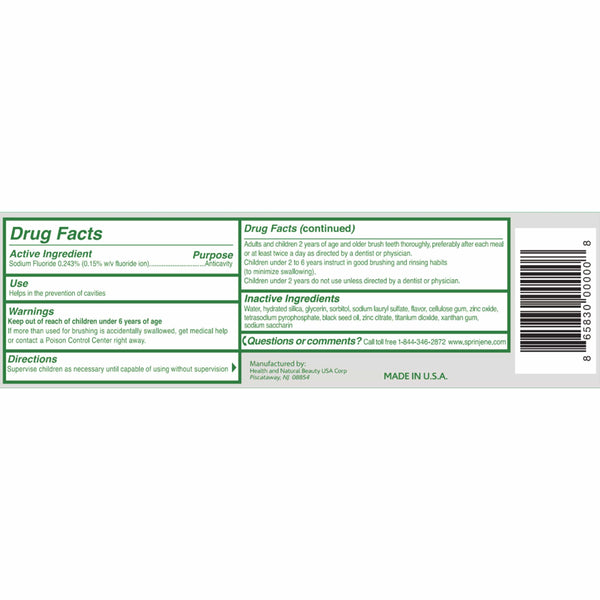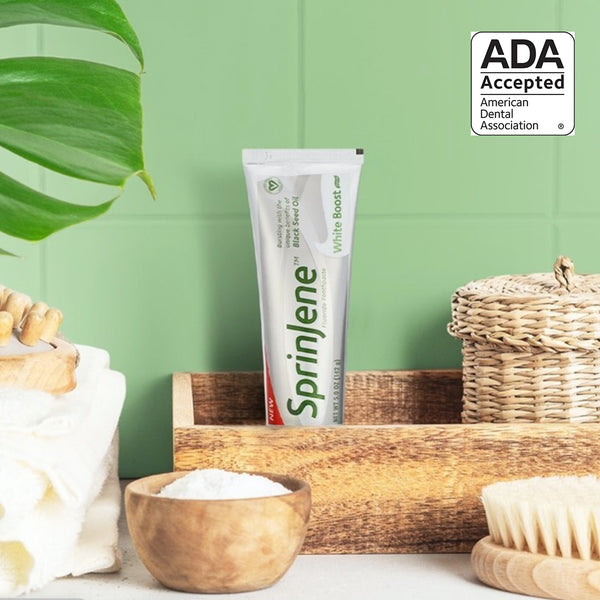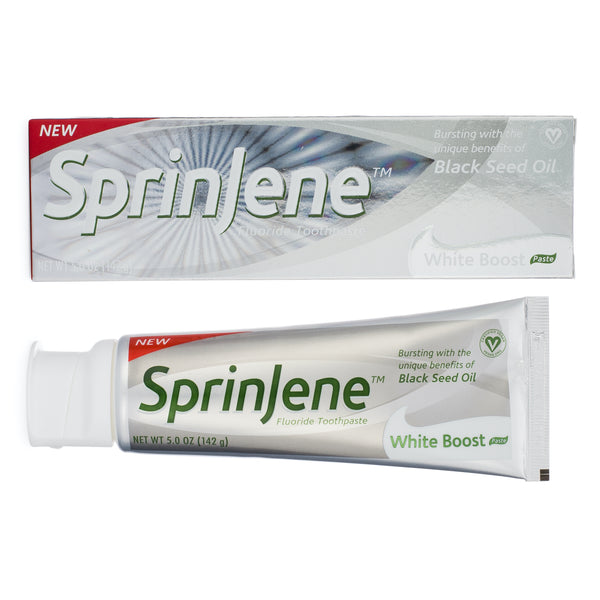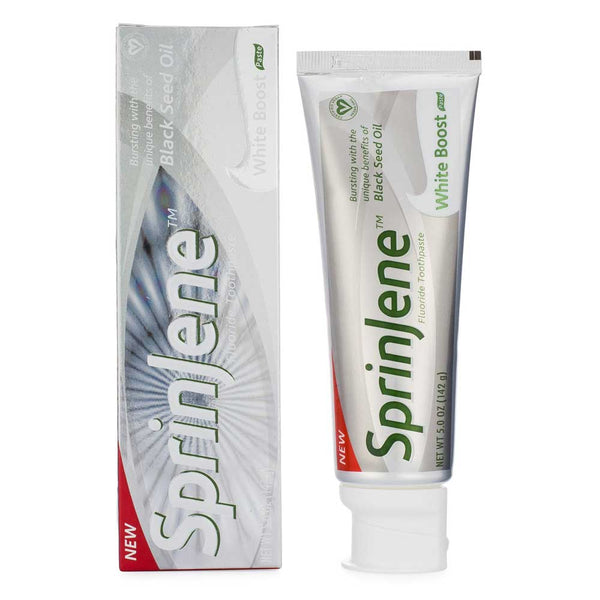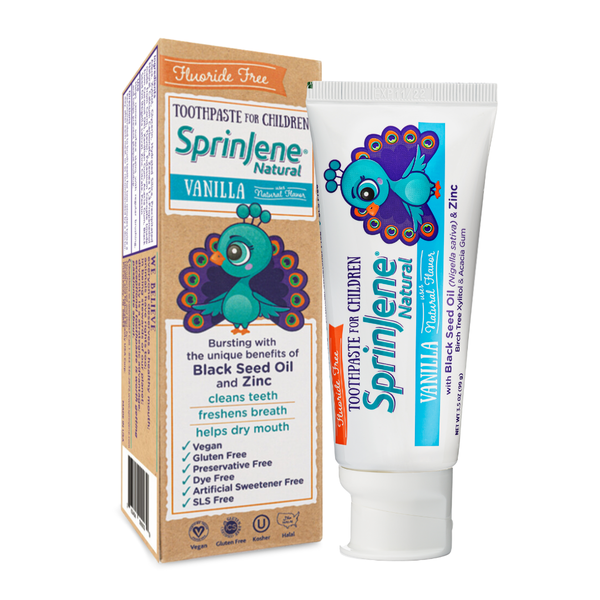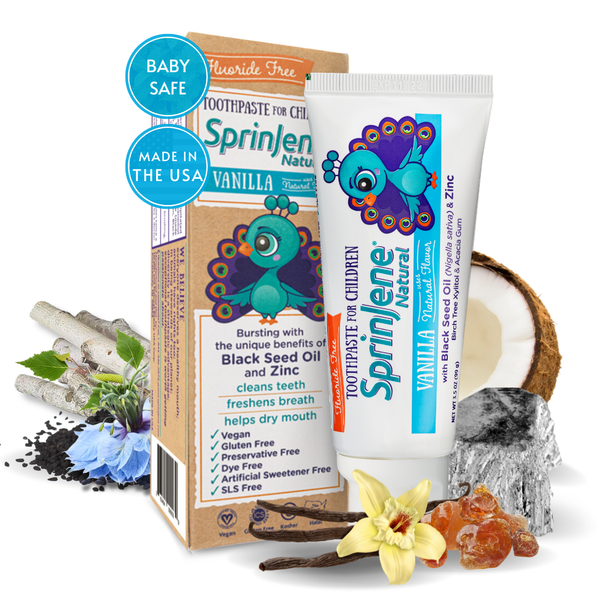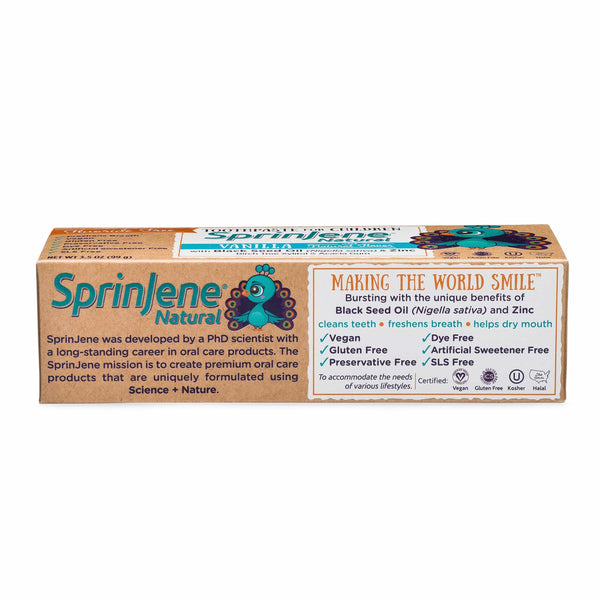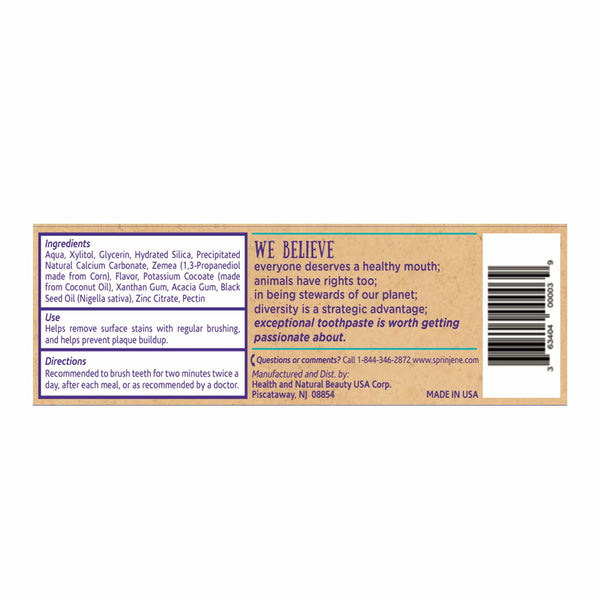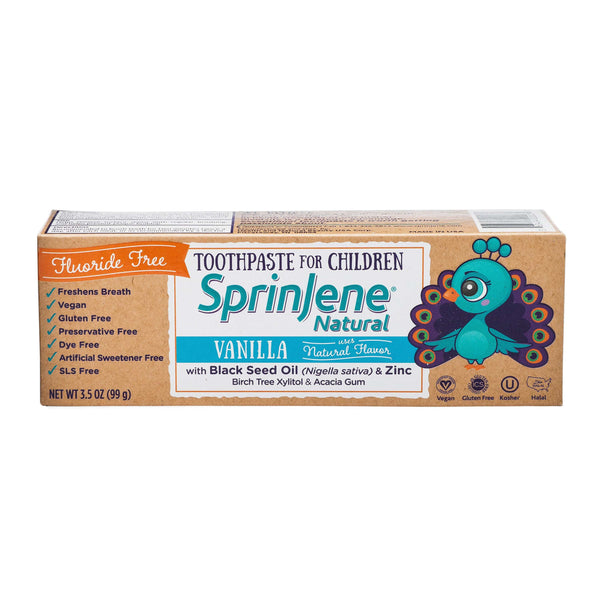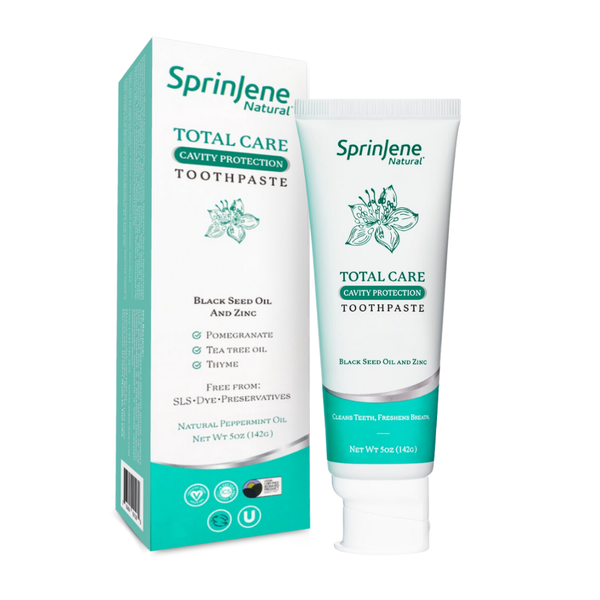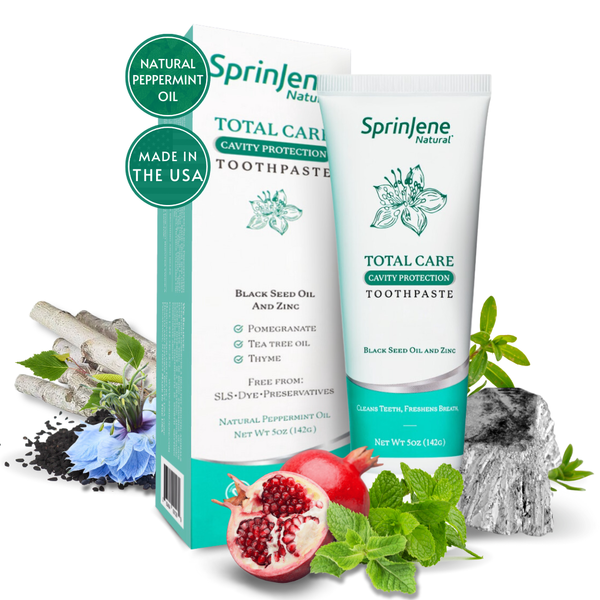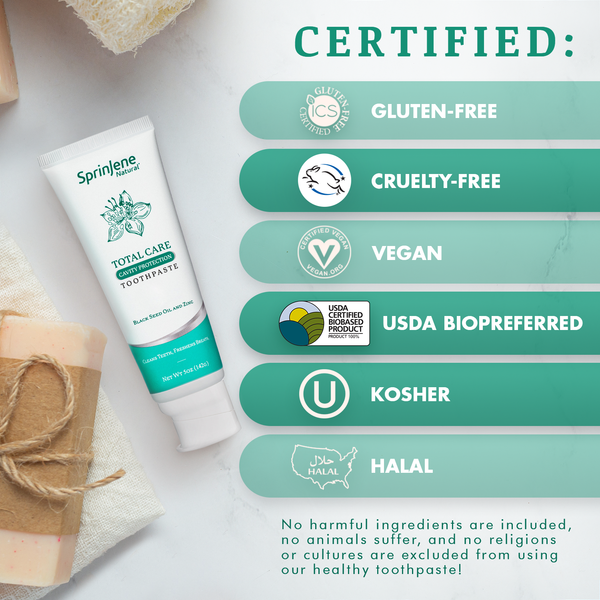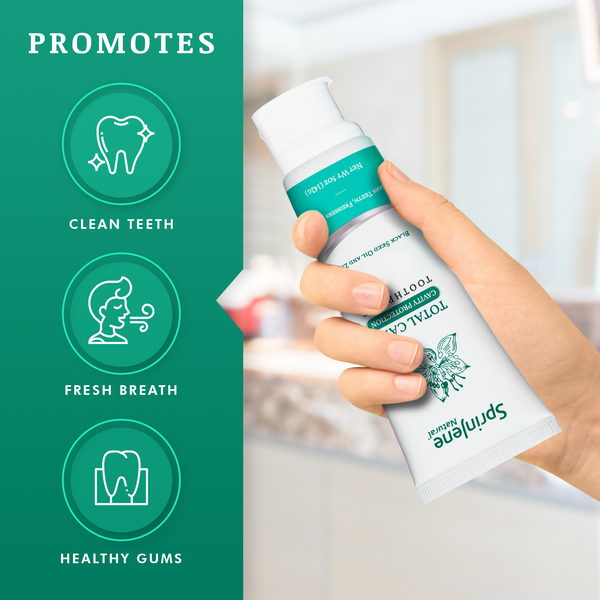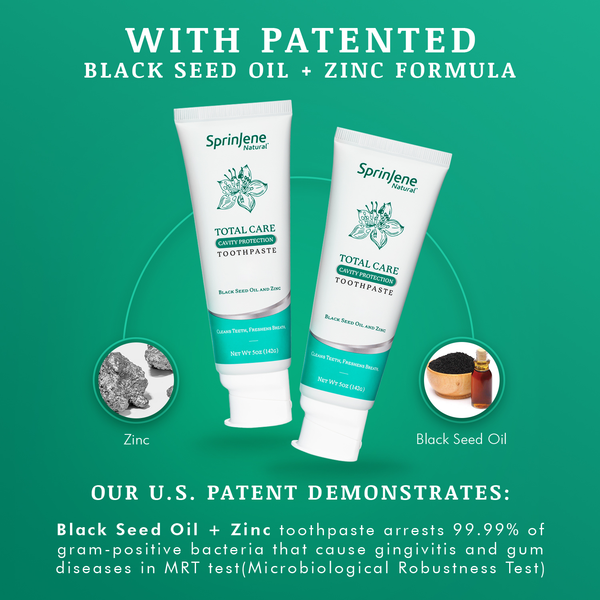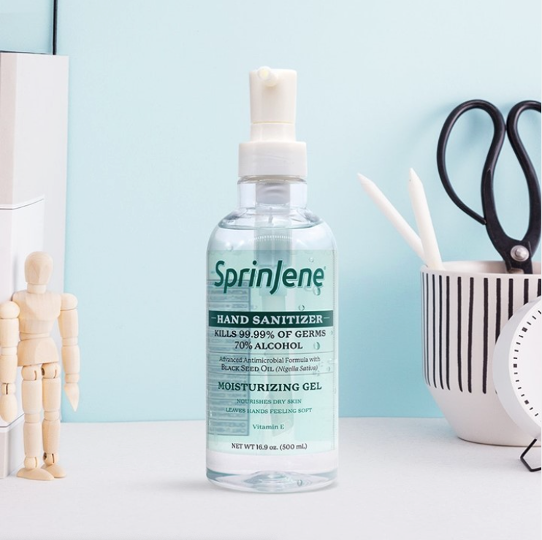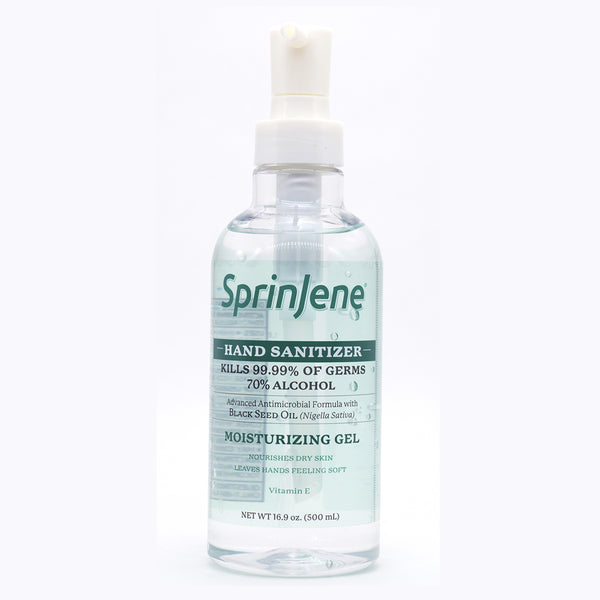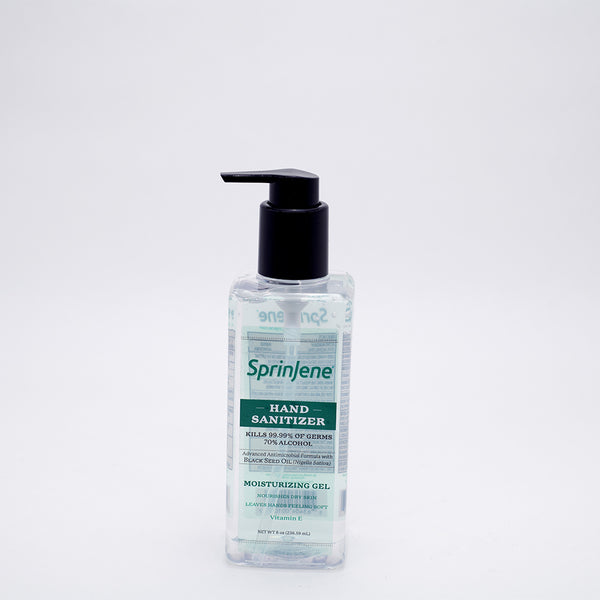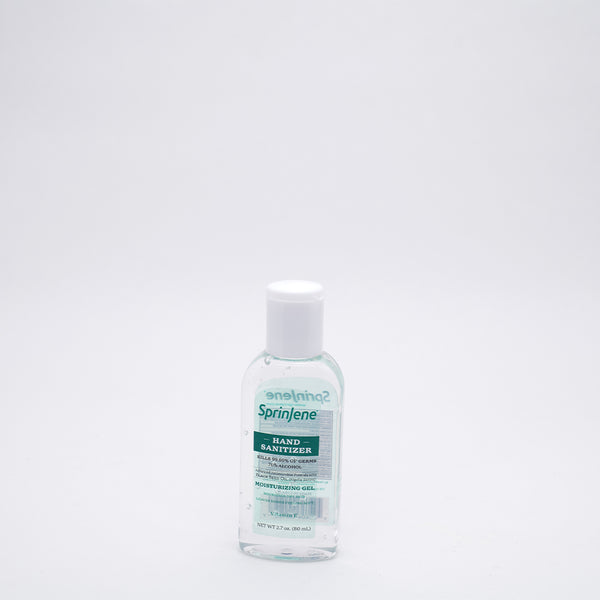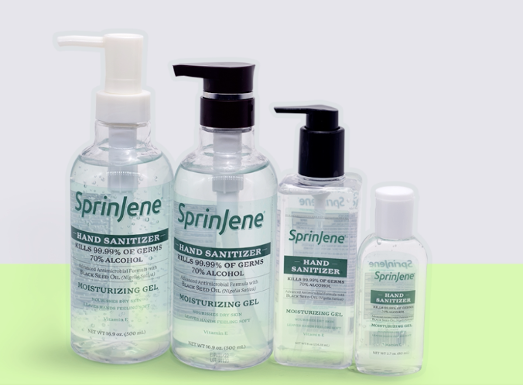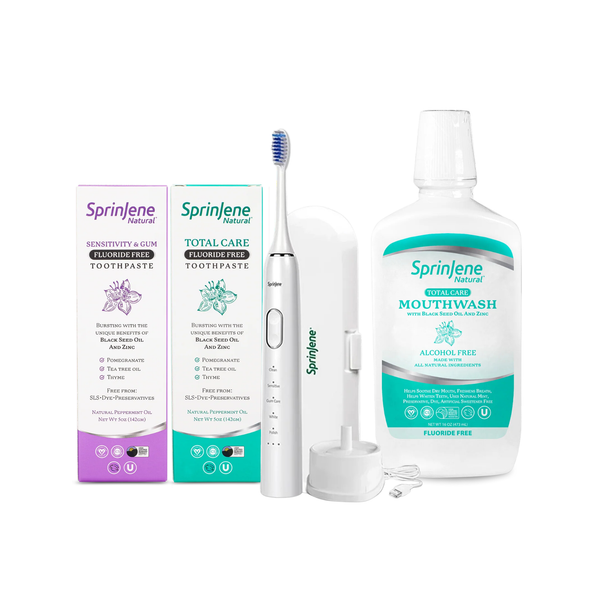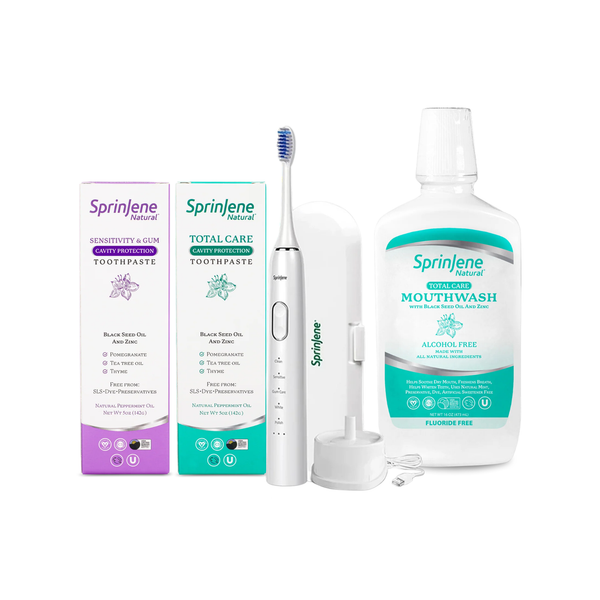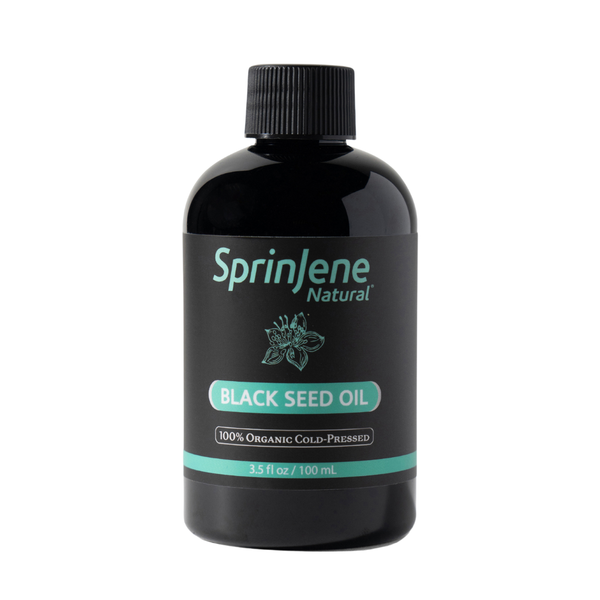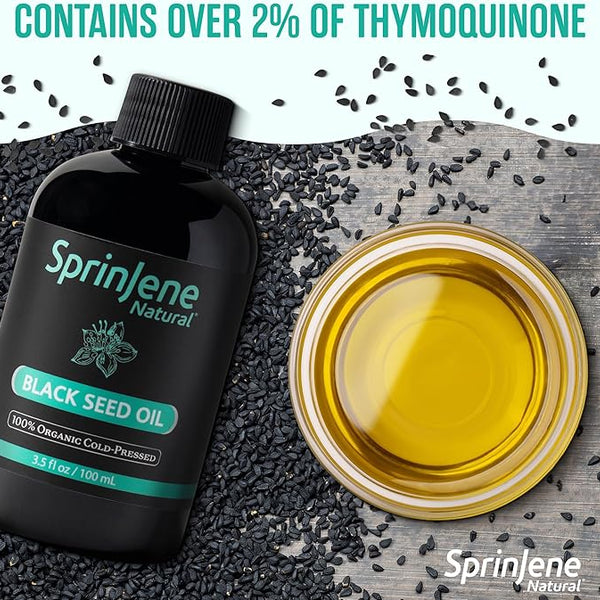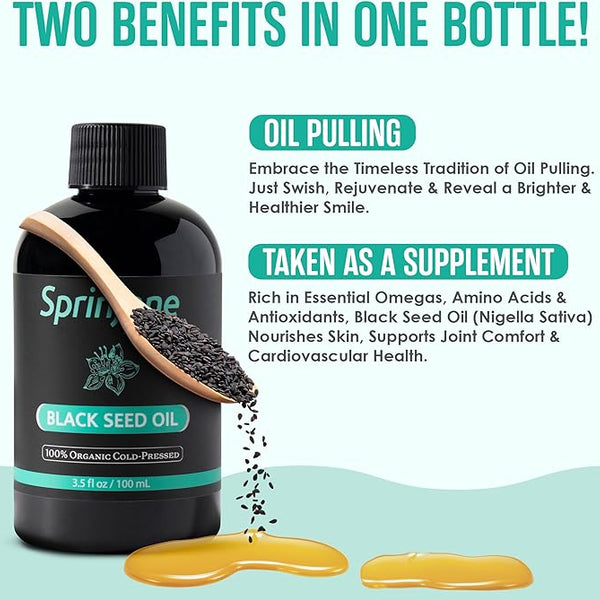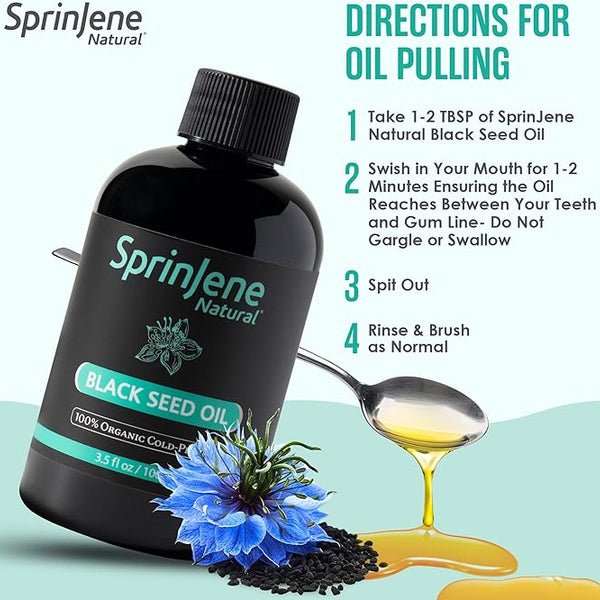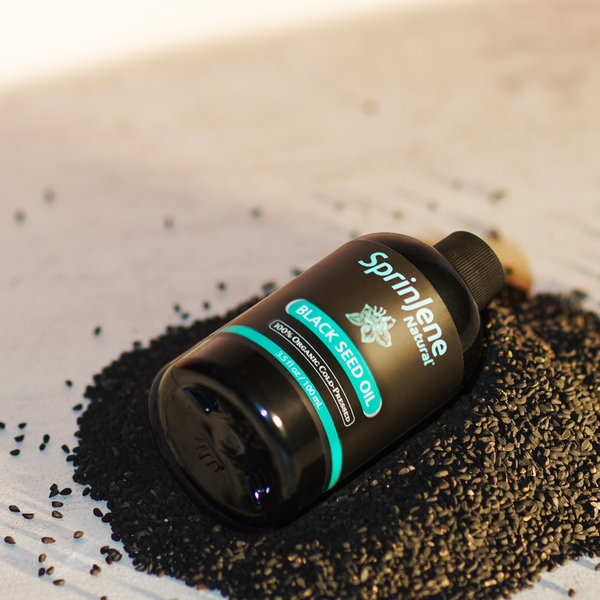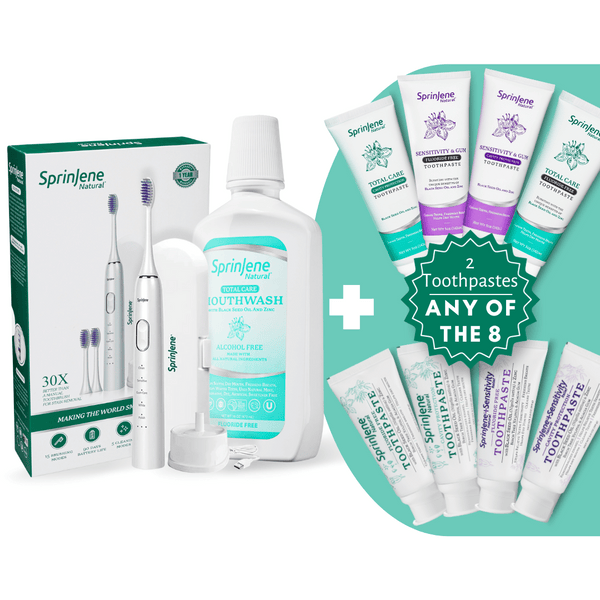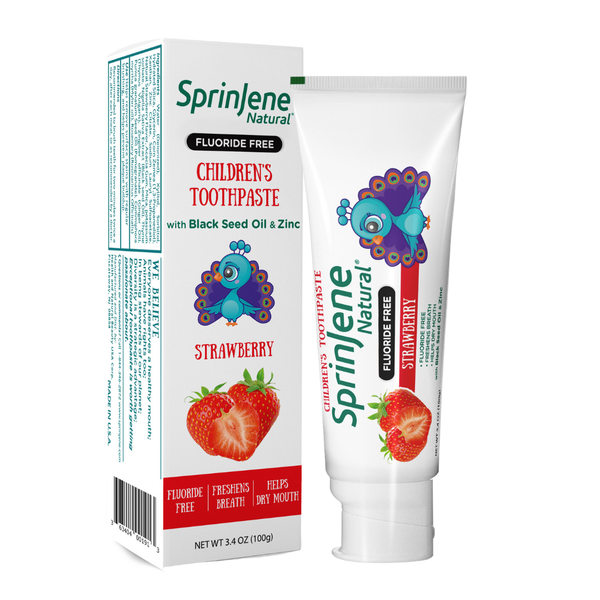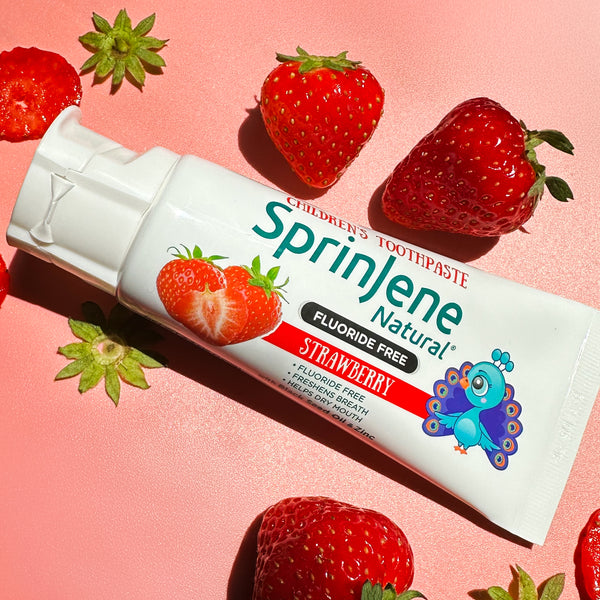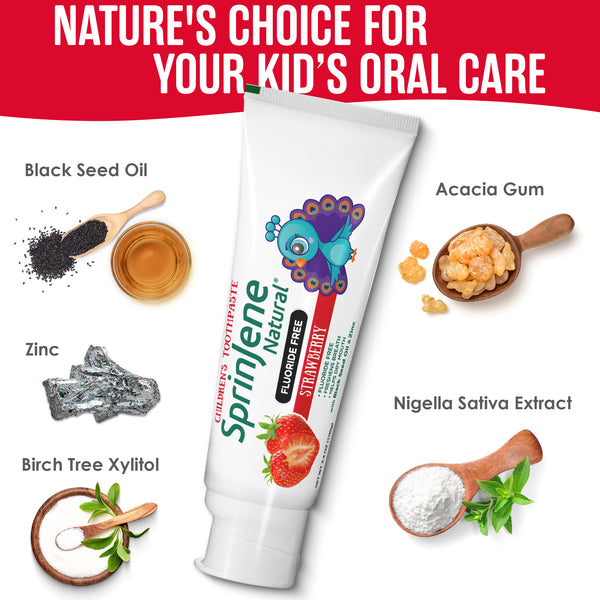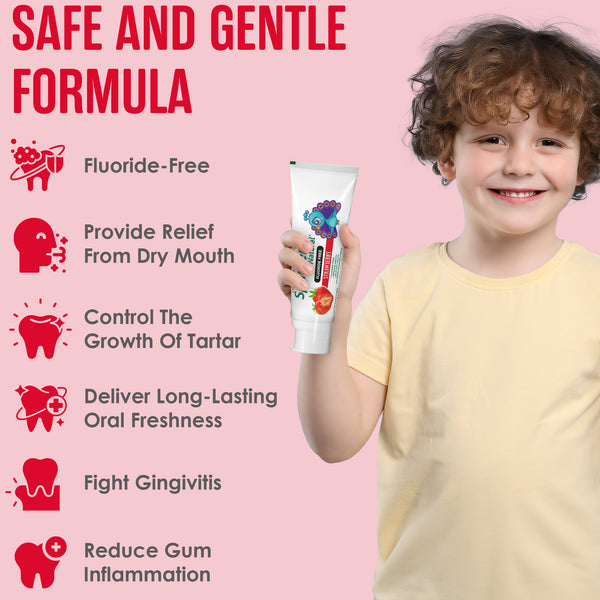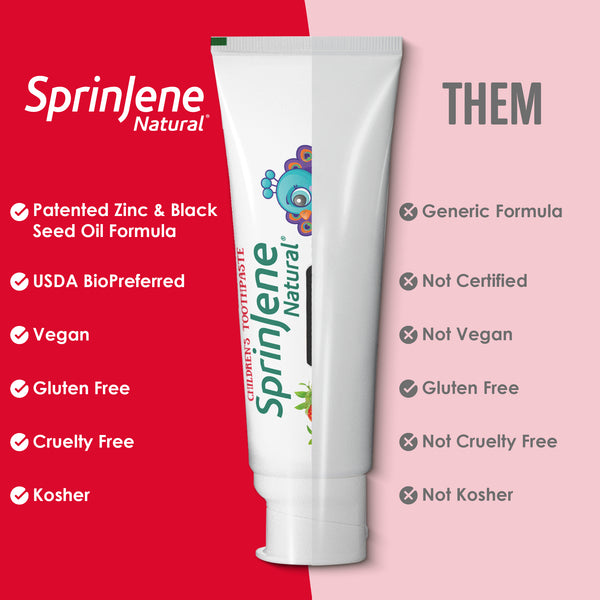
Like many other naturally occurring elements on the periodic table, Zinc has proven its importance in the maintenance of human health, particularly in growth and development of living organisms. Zinc performs a significant role in the metabolism of many enzymes and proteins making it an essential component for all living things.
Zinc was first established as an essential mineral for plants in 1869 by Raulin, a student of Louis Pasteur, who discovered that Zinc was, in fact, a required nutrient for the development of Aspergillus niger (fungus commonly known as black mold). Then, in 1934, zinc was recognized as being a requirement for the overall heath and development of animals, and in 1961 for humans.
In fact, zinc is so prevalent in the human body, that it found in the eyes, bones, liver, hair and prostatic secretions, another obvious indicator of the important role zinc plays is our bodies.
In 1955 zinc was reported to cure and prevent deceases in mammals, making it more than just a vital nutrient. In a variety of circumstances, Zinc can be highly beneficial for all organisms for a multitude of reasons. Which is why this vital element is finding so many beneficial uses today.
Zinc Deficiencies
A zinc deficiency can result from low dietary intake of zinc, inadequate zinc absorption, increased zinc excretion, or in conditions of increased need for zinc (e.g., children and pregnant women).
Zinc Deficiency can result in:
- Stunted Growth
- Poor Appetite
- Dermatitis
- Alopecia
- Hypogonadism
- Impaired Immune Function that can lead to diarrhea and/or infection
(commonly upper respiratory tract infections)
Risk of infections:
Diarrhea: Plausible explanations for a link between zinc deficiency and diarrhea include impairment of the immune system and of intestinal mucosal cell transport.
Pneumonia: Community zinc supplementation studies in children have demonstrated a substantial and statistically significant reduction in the prevalence of pneumonia in developing countries.
Malaria: It is uncertain to what extent oral supplementation with zinc can reduce episodes of malaria in endemic areas. According to some studies, malaria also appears to be reduced by zinc supplementation.
Benefits in Oral Health
Enamel
It has been seen that zinc content in enamel increases during post-eruptive phase of the tooth suggesting that the tooth surface acquires more minerals from the oral fluids. Studies with synthetic hydroxyapatite showed that zinc is readily acquired by the apatite as it competes with calcium and can attain position on the apatite crystal making it resistant to acid dissolution.
Dentine
Dentine shows less crystallinity in structure as compared with enamel and is more soluble in acidic conditions. Zinc has astringent properties on dentine and therefore alters its organic component in demineralization. Studies have shown that tooth pastes containing zinc have been shown to prevent demineralization by 49% as well as being effective against bacterial growth and the formation of calculus and plaque.
Fluoride and zinc have been shown in various experiments to show a reduced rate of demineralization and promotes demineralization.
Antimicrobial Properties of Zinc:
Zinc has antimicrobial properties against different bacteria such as streptococcus mutans (S. mutans bacteria), a primary cariogenic bacteria that causes tooth decay. Furthermore, cytoplasm and glycolytic enzymes of the bacterial cells are expected to be the common targets of zinc. Zinc inhibits glycolysis in bacteria preventing fermentation of glucose in to lactic acidcauseing a major drop in pH of the saliva. Many invitro studies have shown that zinc has the ability to inhibit and limit acid production in dental plaque.
Zinc is an Anti-oxidant:
It reduces the production of toxic agents such a hydrogen peroxide which noxious effects against host cells. Zinc prevents respiration in Fusobactererium nucleatum and other micro flora to stop the production of reactive oxygen hence it is an efficient anti-oxidant.
Zinc Used as a Marker in Oral Cancer:
Low level of zinc in the serum is related as a biomarker of cancer of eg: the lung, oral cavity, gall bladder, and colon and rectal. Zinc levels in whole blood, serum and saliva from oral cancer patients cannot establish a significant increase. Therefore it can be suggested that increased zinc levels encourage immune cells survival and tumor apoptosis as cancer cells have unregulated amount of zinc importers.
Uses of Zinc in Dentistry
Zinc in Dental Mouth Rinses:
Zinc is used in mouth rinses as an antibacterial agent to control bacterial levels, plaque, malodor and bleeding gums. Studies have shown that zinc citrate possess inhibitory effect on dental plaque.
Zinc in Natural Toothpaste:
Zinc is used in tooth paste as an effective anti-bacterial agent and helps to control plaque and calculus formation.
A clinical trial performed by Chester concluded that there was 30% decrease in calculus formation after using a tooth paste containing zinc citrate. Over a 13 week period compared with a control tooth paste only containing fluoride. There were no side effects observed during the clinical trial.
SprinJene Natural tooth paste incorporates the properties of zinc along with other natural nontoxic ingredients which produce the same results as commercially available tooth paste but without any long term side effects. No chemicals are added and is completely safe to use by adults and kids alike. Other fantastic ingredients include
- Black Seed Oil
- Coconut Oil
- Acacia Gum
- Silicates
- Xylitol and Stevia
These toothpastes are available in a wide range including fluoride and no fluoride options for kids, 3 different delicious flavors as well as specialized tooth pastes for sensitivity, whitening and bleeding gums.
Along with being completely natural, the tooth paste range is proudly certified Kosher, Halal, Gluten free and cruelty free so it can safely be used by populations of all beliefs and religions.
REFERENCES:
King JC, Cousins RJ. Zinc. In: Shils ME, Shike M, Ross AC, Caballero B, Cousins RJ, editors. Modern Nutrition in Health and Disease. 10th ed. Baltimore: Lippincott Williams and Wilkins; 2006. pp. 271–85. [Google Scholar]
Prasad AS, Miale A, Jr, Farid Z, Sandstead HH, Schulert AR. Zinc metabolism in patients with the syndrome of iron deficiency anemia, hepatosplenomegaly, dwarfism, and hypognadism. J Lab Clin Med. 1963;61:537–49. [PubMed] [Google Scholar]
Sandstead HH, Prasad AS, Schulert AR, Farid Z, Miale A, Jr, Bassilly S, et al. Human zinc deficiency, endocrine manifestations and response to treatment. Am J Clin Nutr. 1967;20:422–42. [PubMed] [Google Scholar]
Vallee BL. Biochemistry, physiology and pathology of zinc. Physiol
Rev. 1959; 39:2.
- COTZIAS GC, PAPAVASILIOU PS. Specificity of zinc pathway
through the body: homeostatic considerations. Am J Physiol.
1964;206:787-92.
- Lynch RJ. Zinc in the mouth, its interactions with dental enamel
and possible effects on caries; a review of the literature. Int Dent J.
2011;Suppl 3:46-54
4.Vallee BL. Biochemistry, physiology and pathology of zinc. Physiol Rev. 1959; 39:2.
- COTZIAS GC, PAPAVASILIOU PS. Specificity of zinc pathway through the body: homeostatic considerations. Am J Physiol. 1964;206:787-92.
- Lynch RJ. Zinc in the mouth, its interactions with dental enamel and possible effects on caries; a review of the literature. Int Dent J. 2011;Suppl 3:46-54.
- BRUDEVOLD F, STEADMAN LT, SPINELLI MA, AMDUR BH, GRON P. A study of zinc in human teeth. Arch Oral Biol. 1963;8:135-44.
- Takatsuka T, Hirano J, Matsumoto H, Honma T. X?Ray absorption fine structure analysis of the local environment of zinc in dentine treated with zinc compounds. Eur J Oral Sci. 2005; 113:180-3

